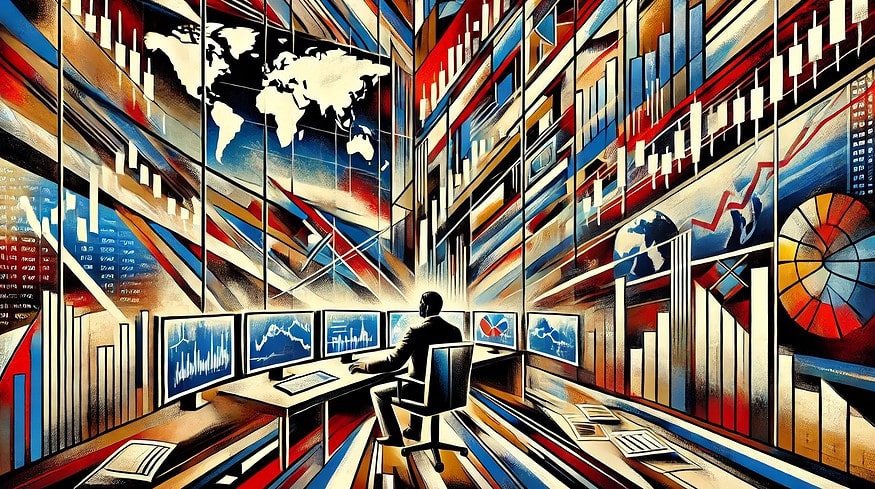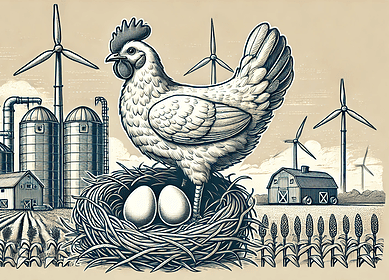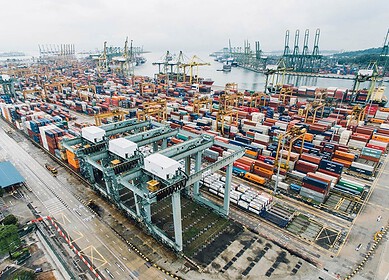Friday’s Insider: What markets should a fertilizer trader analyze?

As part of global commodities trading, Fertilizers are particularly sensitive to developments in other markets.
I personally keep an eye on the following:
Energy markets are important since fertilizer production is energy-intensive, especially nitrogen fertilizers, which rely heavily on natural gas. Monitoring energy prices, particularly oil and gas, helps anticipate cost fluctuations and predict when some production processes might be nearing their cost-effectiveness limits.
Agricultural commodities markets. It’s a classic “chicken and egg” dilemma. The prices of corn, wheat, and soybeans influence the demand for fertilizers, and comparing the prices of agricultural products with fertilizers helps predict affordability and demand.
Since early August 2024, wheat and corn futures have been through a bit of a rollercoaster, but the latest developments suggest a positive turn might be in the works.
For wheat, U.S. production was revised slightly down due to fewer harvested acres, but yields are actually better than expected, bringing total production to around 1.982 billion bushels. Globally, more significant outputs in places like Ukraine and Australia are helping to balance out the supply issues. Prices haven’t skyrocketed yet, but we’re seeing some stability
As for corn, U.S. production has increased slightly, now sitting at 15.147 billion bushels, thanks to better yields. What’s interesting here is that exports are picking up, and ending stocks are lower than anticipated. This has given a bit of a lift to the market, even though prices are still feeling the pressure of oversupply.
Although the price bumps for both wheat and corn aren’t huge, the outlook is starting to brighten. With exports looking up and stockpiles tightening a bit, we might be on the verge of a more meaningful recovery. It’s not a massive price surge yet, but this gradual shift could signal that the market is turning a corner.
Currency exchange rates. We trade in USD or EUR, and exchange rate fluctuations can significantly affect profitability in one way or another.
The U.S. Federal Reserve cut interest rates by 0.5%, bringing them down to a range of 4.75% to 5.00%. This is the first time rates have been slashed since before COVID, and it’s a clear sign the Fed is trying to give the economy a boost.
The drop in rates has already hit the U.S. dollar, which is now losing value. Importers outside of the US should be happy.
Global shipping and logistics are two of my favorites, as I’m a logistics guy! Shipping costs and logistical bottlenecks can seriously impact the international flow of fertilizers, as well as prices. A recent example is the surge in Chinese freight container costs and the massive delays in the delivery of specialized fertilizers.
Geopolitical factors, like trade policies, sanctions, geopolitical tensions, and even weather, can have substantial effects. The Russian invasion of Ukraine, the Israeli-Palestinian conflict, or a recent hurricane in the US—keeping a pulse on global developments is vital.
The ongoing Israel-Palestine conflict has significantly disrupted freight routes, particularly affecting shipping operations in and around Israel. Additionally, shipping insurance premiums have surged, with war risk premiums increasing by as much as 1000%, making it more expensive to operate in these waters. The conflict also raises concerns about potential broader disruptions to major shipping routes like the Suez Canal and the Strait of Hormuz, which could have far-reaching effects on global trade depending on how the conflict evolves.
For companies that rely on these routes, freight delays and increased costs are likely to persist, causing supply chain disruptions and forcing businesses to explore alternative shipping methods.
Environmental and regulatory changes. With the growing focus on sustainability, staying updated on environmental regulations and the shift towards “green” fertilizers is crucial for adapting strategies.
————
About the Author of “Friday’s Insider”: Ilya Motorygin is the co-founder of GG-Trading and brings 30 years of experience to the fertilizer industry. Renowned for his comprehensive problem-solving skills, Ilya expertly manages deals from inception to completion, overseeing aspects such as financing, supply chains, and logistics.
Enjoyed this story?
Every Monday, our subscribers get their hands on a digest of the most trending agriculture news. You can join them too!















Discussion0 comments